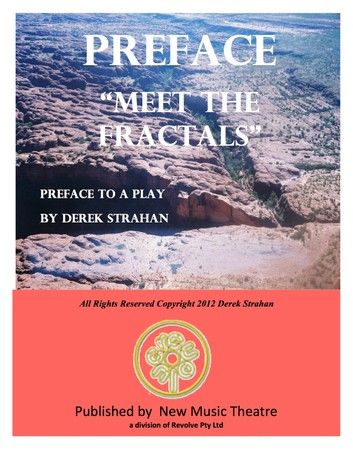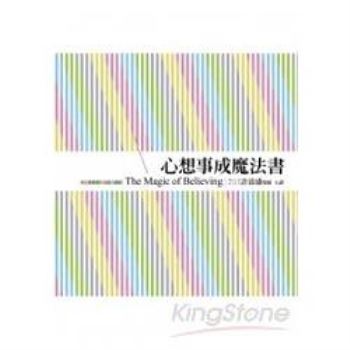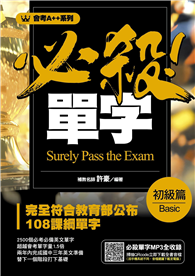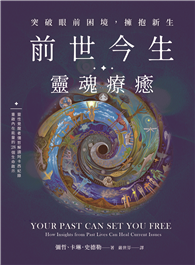This is the story of a group of ten people, five of each gender, who, each for different reasons, have decided that monogamy is an outmoded custom because it is more honoured in the breach than in the observance and that, therefore, adherence to its moral codes and the customs that support it leads to the living of a life based on dishonesty, deceit and hypocrisy both in outward behaviour and in the secret labyrinth of each individual’s subconscious. I began intending to write this story in the form of a play, but, having decided on that approach, I soon found that to apply it requires a great deal more preparation in terms of structure, and cast of characters than would either a comedy or a tragedy based on humanity’s favourite fable: the love triangle, with its predictable personal geometry and its participatory circle of advisors, onlookers and spurned lovers. Therefore I have to write the preface to the play before writing the play, which is, perhaps, an inversion of the usual order where the preface is written after the play as an apology for it. My need to begin work by writing the preface to an as yet unwritten play arose from the need to bring some order to the chaos of issues that arises from its central proposition: that the human race would benefit from a less dogmatic attitude to the formation of domestic units in which personal bonding and procreation are interwoven through socio-biological cause and effect and embedded in law and common morality. A slight change of moral outlook becomes the fractal that changes the entire geometry of the future. Or so they suppose. Love is often described as a game. We play the “game of love”, hoping to win. But against whom? Against rivals who try to lay claim to our proposed partner? Or to win in games of dominance played with our partner once the primal choice is made? Or against fate, to maintain the partnership against all odds? Over the centuries dramatists have certainly taken the game of wooing and winning seriously, since this opening stage of the game has always attracted the most serious attention of the audience. That same audience has tended to view married life following the initial romance as the subject for comedy, even farce, as witness the vogue throughout Europe during the 18th century for “revolving door” bedroom comedies dealing with marital infidelities. This changed somewhat during the 19th century with the new vogue for “realism” in both the novel and in drama, especially opera, where tragic outcomes were common. Fashions revolve too, and in the 20th century, in film and TV sitcoms, married life again became the butt of humour. And so, given the choice of dark tragedy or absurdist humour, I opted for the latter in writing this play about group marriage for, as in all previous variants of the game of love, where dissembling and evasion become tactical necessities, there is nothing funnier than revealed truth. In “Meet The Fractals” you will meet ten people, five of each gender, who decide to apply the theories of quantum physics to living. They commit to a group marriage: an extreme form of polyamory. They accept that human sexuality is in essence, chaotic, and this chaos is better managed by accepting it than resisting it. The play covers only the first 48 hours of their meeting and their deliberations, during which time they have to ward off attacks by an ambitious politician and an angry puritan. But before the mischief of the play, the earnest enquiry of the Preface.












